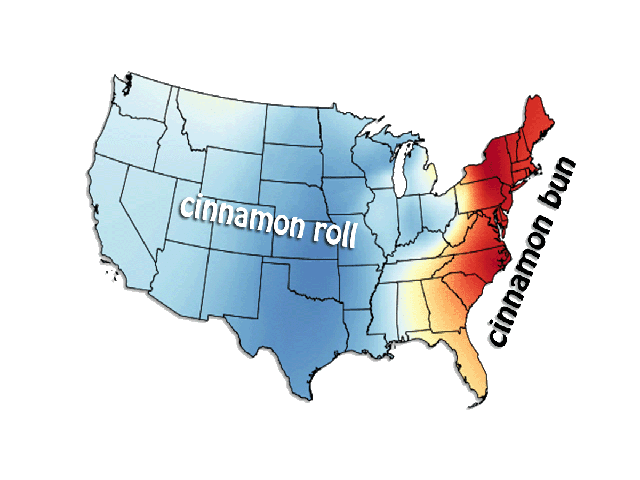In the course of doing research for a series of posts I plan on doing, I was listening to an interview from a few years ago with Bryan Garner, and something he said bothered me. Well, actually, I was bothered by more than one thing that he said, but this post is only about one of them: Garner’s use of the word literate. And truth be told, that’s something that’s bothered me for a while.
Garner doesn’t usually use literate to mean ‘able to read and write’. Rather, he uses it as a term of praise for the kind of people and publications that use the expressions he approves of and avoid those he condemns. Thus, his usage guides tell us that the double comparative is uncommon “among literate speakers and writers,” that irrelevant is sometimes misspelled irrevelant in “otherwise literate publications,” that singular they “sets many literate Americans’ teeth on edge.” In contrast, pronouncing the –p– in comptroller “has traditionally been viewed as semiliterate,” as is the word irregardless and writing would of instead of would have. Saying where’s it at is “a badge of illiteracy.”
Garner would say that he’s using literate to mean ‘educated’ or ‘cultured.’ Although there’s no entry for the word in his usage guides, there is one for illiterate, which obviously illuminates Garner’s understanding of literate:
Read the rest of this entry »

